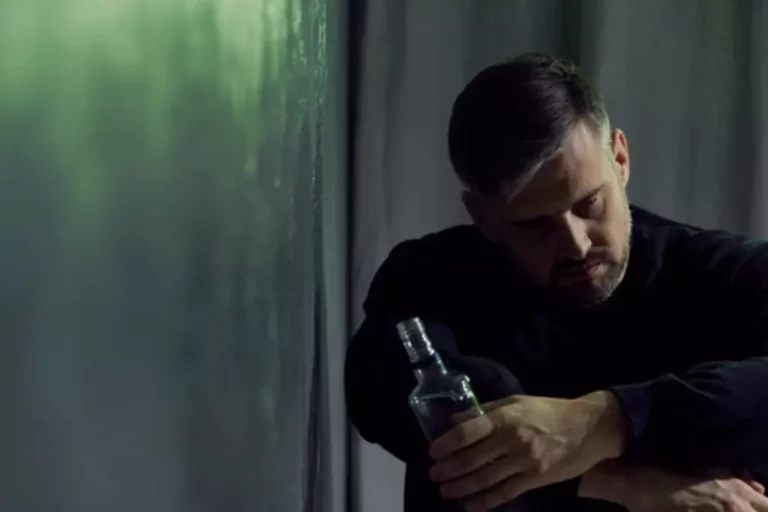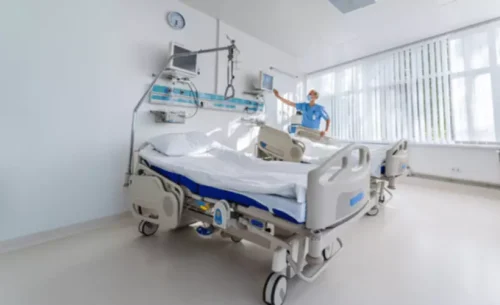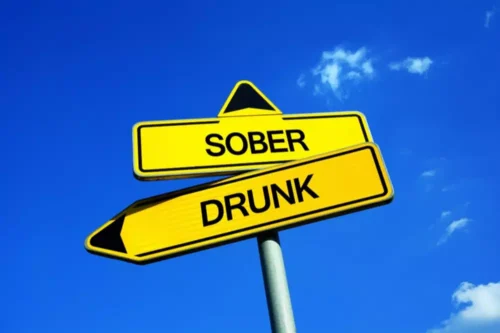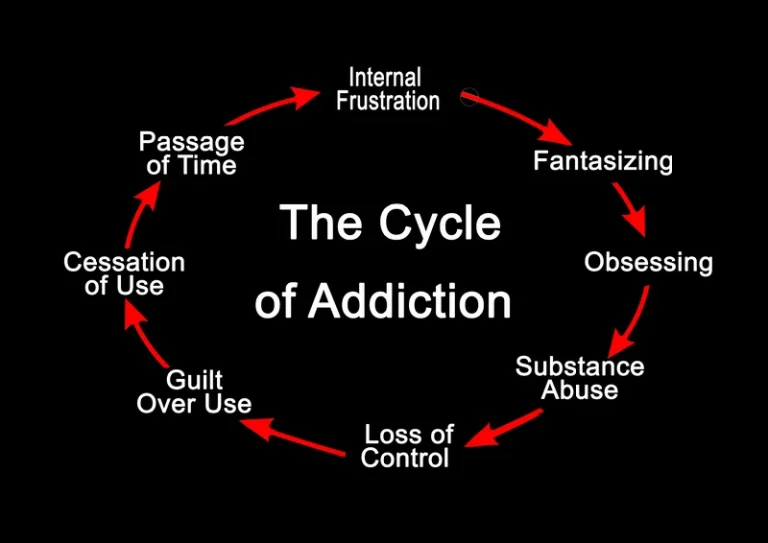How to Stay Motivated to Change in Addiction Recovery VA

Moreover, motivation is vital for getting through problems while in recovery. People will have triggers or difficulties that might tempt them to go back to old habits. With strong motivation, they can resist these temptations and stay focused on their sobriety goals. Motivation allows them to be resilient and determined, and to carry on without giving up sobriety.

Best TED Talks for Addiction & Recovery
- Instances like relapses or perceived setbacks can dampen motivation and trigger dismay and self-questioning.
- As you move toward recovery, or just renew your grasp on it, remind yourself of those words.
- After a few entries, participants may notice patterns and similarities about their urges.
- Therapists using MET collaborate with individuals to explore their values, goals, and the discrepancies between their current behaviors and their desired future outcomes.
- When you understand the inherent need to stay inspired, you also realize that recovery is a precious gift that you need to nurture for long-term success.
- Get support from loved ones and the recovery community for encouragement, guidance, and accountability.
For example, you may have developed a co-dependent relationship, or a family member, friend, or employer may have been enabling you without even knowing it. If PAWS is severe or if you’re experiencing prolonged symptoms, a medical professional can help you work through them and remain in recovery without relapse. Once you have selected a few primary goals and agree they are recovery motivation important for your well-being, ask yourself if they are realistic. If the goals you have selected do seem reasonable and within your ability to achieve them, they are worth keeping as active goals to work on. Lauren Smith has worked as a journalist and copywriter for the last decade, covering a range of topics including health, energy, and technology in the US and UK.
Quotes for finding strength during recovery
The change destabilizes the adaptation the family has made—and while the person in recovery is learning to do things differently, so must the rest of the family learn to do things differently. Otherwise, their behavior is at risk of cementing the problem in place. Frequent drug or alcohol abuse can result in addiction, a chronic brain disease that causes compulsive behaviors despite knowing the harmful consequences.

Identify Your Personal Triggers
Seeing them acts as a reminder to stay on course and make positive decisions. The purpose of this article is to provide practical tips and actionable strategies to help individuals in addiction recovery https://ecosoberhouse.com/ stay motivated and overcome challenges. The best way forward for your recovery from alcohol or substance use is to incorporate a wide variety of strategies that will help foster success.

There are strategies of distraction and action people can learn to keep them from interrupting recovery. Another is to carefully plan days so that they are filled with healthy, absorbing activities that give little time for rumination to run wild. Exercise, listening to music, getting sufficient rest—all can have a role in taking the focus off cravings.

And staying connected is a sure-fire way of staying motivated as you set out on a lifelong recovery journey. Next, take a little time to generate a list of more specific personal recovery goals. Don’t worry at this point about the number of goals or how feasible they may be. Self-help strategies can be a good way to start improving your self-esteem. If you continue to struggle with low-self esteem, talk to your doctor or mental health professional. They can recommend treatments that may help, which may include psychotherapy or medications to treat underlying feelings of depression or anxiety.
The Role of Professional Support
Treatment and education can help adults learn techniques for handling urges and ways of accepting and managing negative emotions. Treatment and information aimed at adolescents can help them learn techniques for managing both positive and negative emotional states. Nevertheless, experts see relapse as an opportunity to learn from the experience about personal vulnerabilities and triggers, to develop a detailed relapse prevention plan, and to step up treatment and support activities. What is needed is any type of care or program that facilitates not merely a drug-free life but the pursuit of new goals and new relationships. There are many roads to recovery, and needs vary from individual to the next.

- Areas of executive function regain capacity for impulse control, self-regulation, and decision-making.
- When you decide to enter an addiction treatment program, you’re reclaiming your life from substance use.
- What is needed is any type of care or program that facilitates not merely a drug-free life but the pursuit of new goals and new relationships.
- Many 12-step programs suggest that sobriety means total abstinence, which means never using the substance again.
- Below, we aim to shed light on the nuances of motivation in recovery, offering strategies and insights to help you stay driven and inspired throughout your journey.
Make both short-term and long-term ones, to envision the positive outcomes desired. Break down larger goals into smaller steps to make the journey feel less overwhelming. Understanding why someone feels unmotivated is key in helping them develop tailored strategies and interventions. By resolving those underlying issues, one can create hope and internal motivation on the path to recovery. Knowing the root causes also helps those around them give guidance in overcoming challenges and strengthening resilience. It is more than helping oneself; it’s creating a ripple effect that positively influences individual journeys and the larger recovery community.
Many types of recovery support are available, and many people make use of more than one type at any time and may shift from one type of support to another as recovery proceeds and needs evolve. An increasing number of high schools and colleges offer addiction recovery resources (CRPS, or Collegiate Recovery Programs) for students, including mentors, workshops, dedicated lounges, and group meetings and activities. Therapists, counselors, and specialized programs, like Del Arroyo Recovery Center, offer guidance tailored to your unique journey.
Subscribe to the Addiction Freedom Now Newsletter
As many as 45 percent of participants in the National Prevalence Survey resolved their substance use problems through participation in mutual-aid support programs (Kelly et al., 2017). As the addiction treatment field has matured, it has tried to integrate conflicting theories and approaches and to incorporate research indings into a comprehensive model. The following sections address recent changes in addiction treatment with important implications for applying motivational methods. The clinical and research literature does not support the belief that people with SUDs have more or stronger defenses than other clients (Connors et al., 2013).
